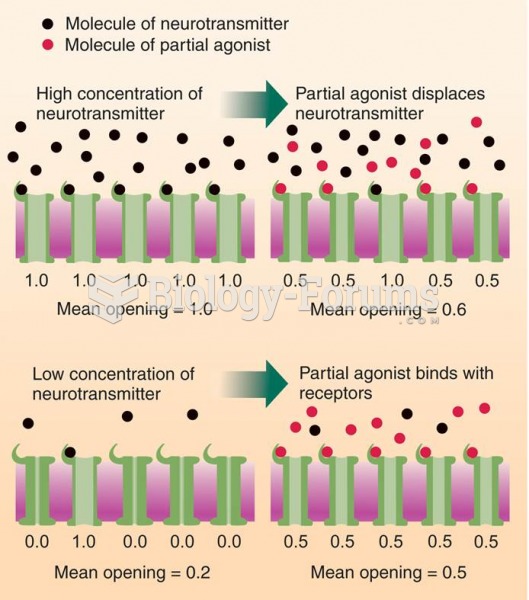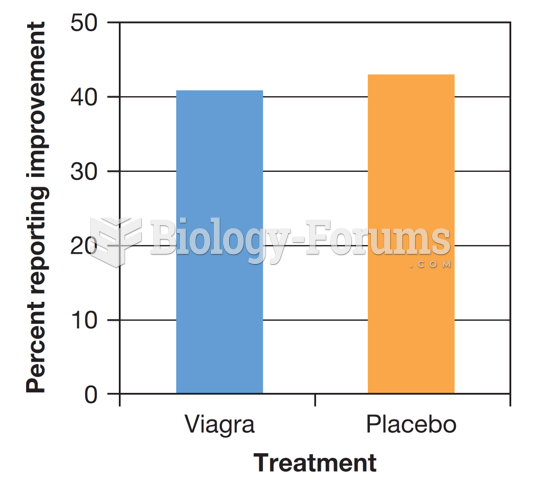Answer to Question 1
Correct Answer: 2
Rationale 1: Neither aspirin nor ibuprofen causes heart disease, however some nonaspirin NSAIDs significantly increase the risk of cardiovascular events.
Rationale 2: Ibuprofen and ibuprofen-like medications are not indicated in the treatment or prevention of cardiovascular conditions. Ibuprofen inhibits platelet aggregation and prolongs the bleeding time without affecting the prothrombin or whole blood clotting times. Its effects on platelets are reversible within 24 hours after discontinuation of the drug.
Rationale 3: Ibuprofen and ibuprofen-like medications are not indicated in the treatment or prevention of cardiovascular conditions.
Rationale 4: Ibuprofen and ibuprofen-like medications are not indicated in the treatment or prevention of cardiovascular conditions.
Global Rationale: Although ibuprofen-like drugs affect blood coagulation, their action is short lived. Because they have less antiplatelet effect, ibuprofen-like agents are not used for the prophylaxis of adverse cardiovascular events. Neither aspirin nor ibuprofen causes heart disease, however some nonaspirin NSAIDs significantly increase the risk of cardiovascular events. Ibuprofen and ibuprofen-like medications are not indicated in the treatment or prevention of cardiovascular conditions.
Answer to Question 2
Correct Answer: 1
Rationale 1: Gastric lavage is indicated to remove any aspirin remaining in the stomach and is generally the initial treatment.
Rationale 2: Alkalinization of the urine is a recommended treatment for salicylism.
Rationale 3: No type of dialysis is recommended unless the client begins to exhibit severe symptoms of salicylism.
Rationale 4: Hemodialysis is not indicated unless severe symptoms of salicylism occur.
Global Rationale: Emesis, gastric lavage, and alkalinization of urine are indicated. Dialysis is of benefit in severe salicylate poisoning, but is not an initial action.







